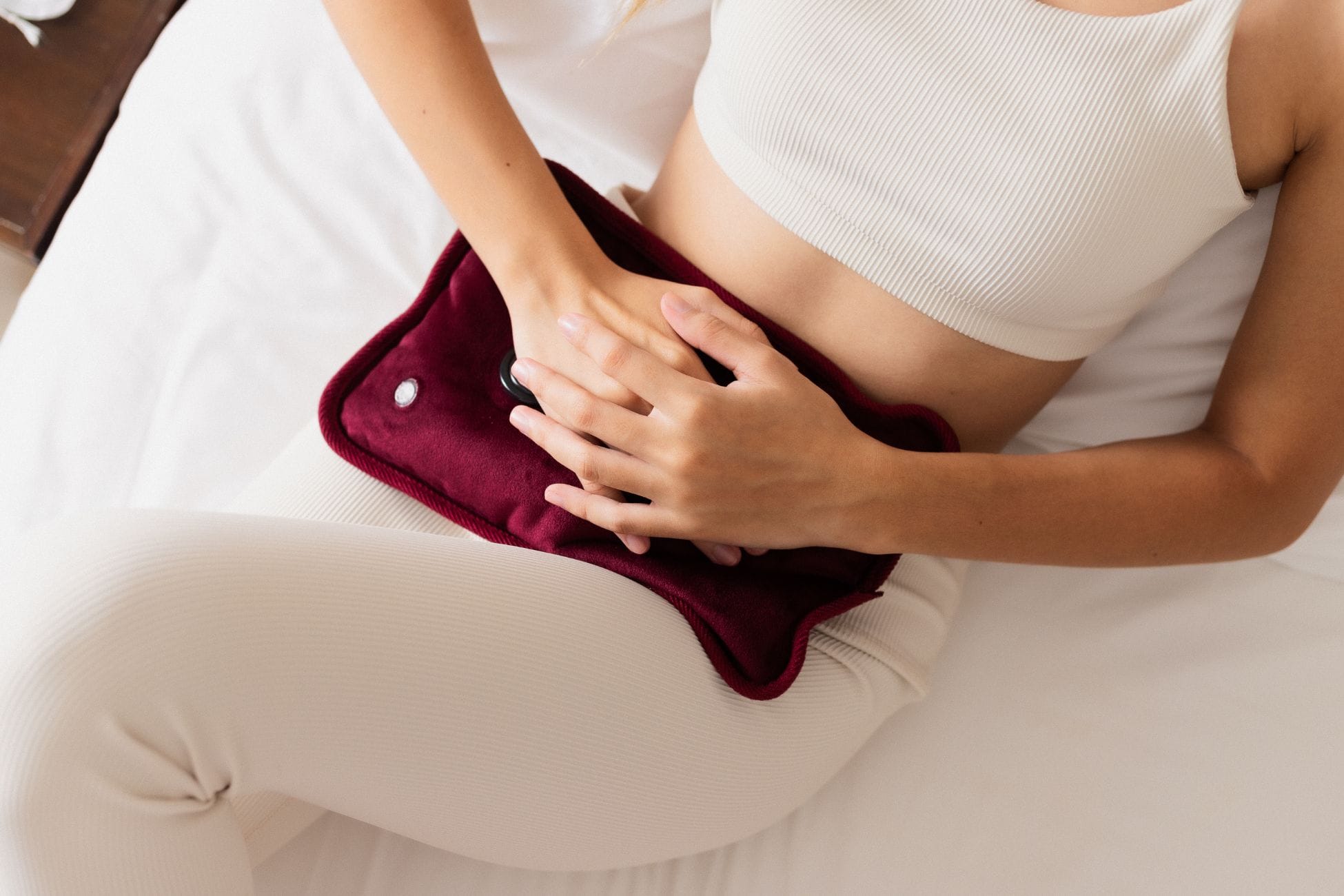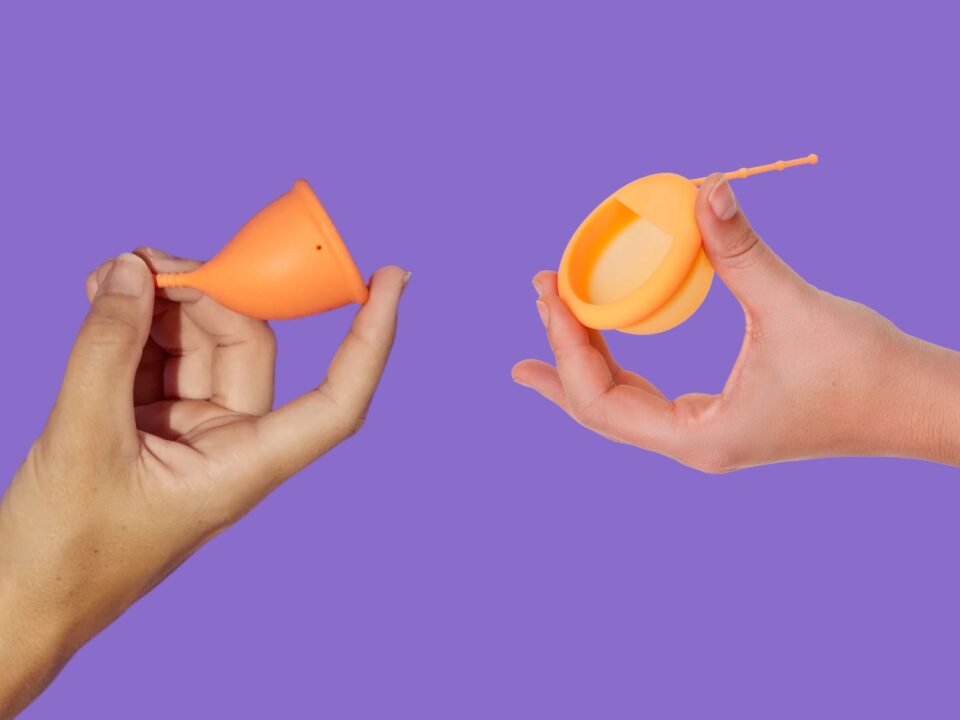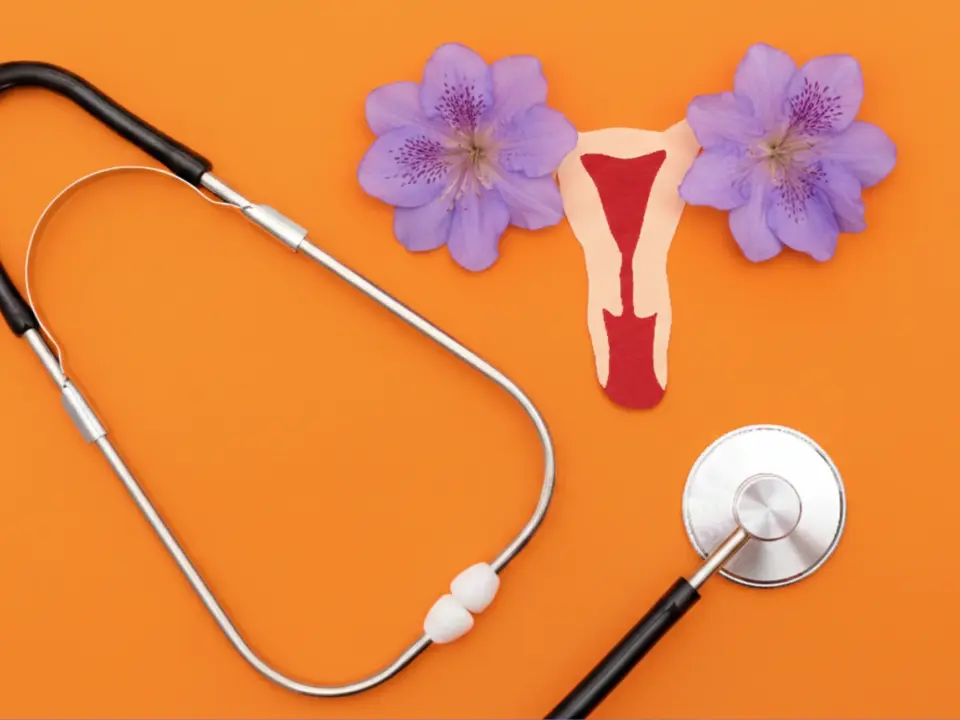
Cycle Phases & Stress Relief: Stay Calm Through Every Phase
25 de April de 2025
Menstrual cup: answers to the most frequently asked questions
4 de May de 2025
Menstrual bleeding occurs when the lining of the uterus sheds and is expelled from the body.
Menstrual bleeding is an important topic for many women around the world. It’s a natural and normal process in a woman’s body, but it can also be a real headache for many due to the symptoms that can arise during the menstrual period.
Menstrual bleeding occurs when the lining of the uterus sheds and is eliminated from the body.This process is known as menstruation and usually happens about once a month.
The causes of heavy bleeding and menstrual pain can vary. One possible explanation is an increase in prostaglandins in the body—chemical substances that cause the uterus to contract in order to expel its lining. Other factors that may contribute to menstrual pain include endometriosis, uterine fibroids, and blood clotting disorders.
If the cup is too big, it might leak, shift, and feel uncomfortable because it’s not your size.
How can we manage heavy menstrual bleeding?
Many of us look for large menstrual cups with high capacity because we have heavy periods and want to enjoy more autonomy. But this “solution” comes with some drawbacks:
- If the cup is too big, it might leak, shift, and feel uncomfortable because it’s not your size.
- You’re just putting a band-aid on the problem without addressing the root cause. Remember: our period is like a monthly newsletter that tells us about our health status. If there's a lot of bleeding, it's time to pay attention.
How to relieve menstrual pain and heavy bleeding
We can eliminate certain foods from our diet to avoid increasing the inflammation that already exists in our bodies. We can also turn to plants and natural remedies, such as:
- Adding flaxseeds to your daily routine (it really works)
- Replacing coffee with green tea to increase antioxidant intake
- Incorporating therapeutic herbs that help reduce bleeding and menstrual pain
In summary, menstrual bleeding is a normal part of a woman’s cycle. While it can be uncomfortable, there are many ways to ease this bothersome phase. If symptoms are severe or interfere with daily life, it’s important to consult a healthcare professional for proper diagnosis and treatment.



